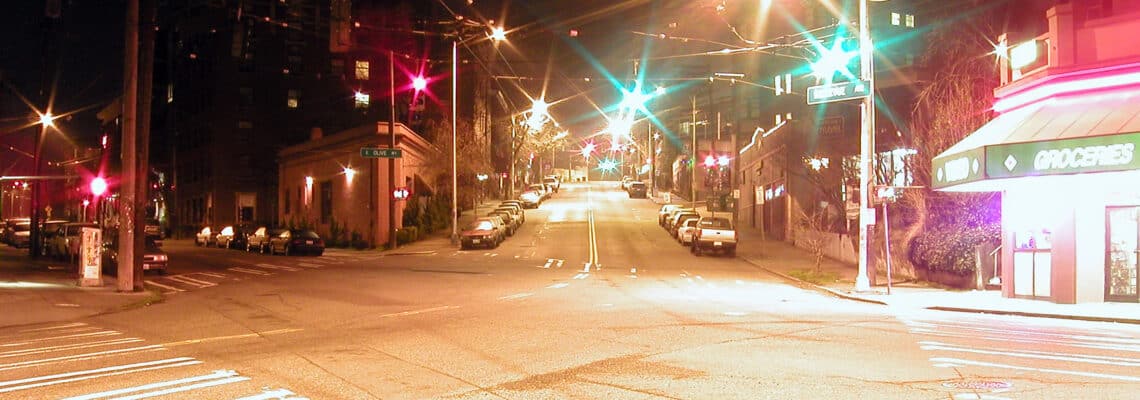On Wednesday, September 12, 2012, the Second Department reversed summary judgment that had been granted to the plaintiff in an accident in which a tractor-trailer collided with a stopped car on a Queens street. Although the Supreme Court initially granted summary judgment for the plaintiff, the Second Department found that triable issues of fact did exist. In making this determination, the Appellate Court relied upon competing affidavits of the plaintiff and defendant. As may be expected, these renderings of the accident in question differed. The defendant claimed that the plaintiff had attempted to pass him on his driver’s side while he was making a turn, thus leading to the accident. The plaintiff had claimed that her car was not moving, stopped at an intersection, at the time of the collision.
When no triable issue of fact exists in a case, the Court will grant summary judgment as a matter of law. In instances such as the one described above, two differing accounts of what transpired exist. Because of this, a finder of fact (usually a jury) must be allowed to determine what took place and apply the law as instructed by a Judge. The reversal of summary judgment does not mean that the plaintiff cannot win this case. It simply means that before such a ruling, the facts of the case must be determined by a jury.
The Second Department’s decision details this case more fully.




